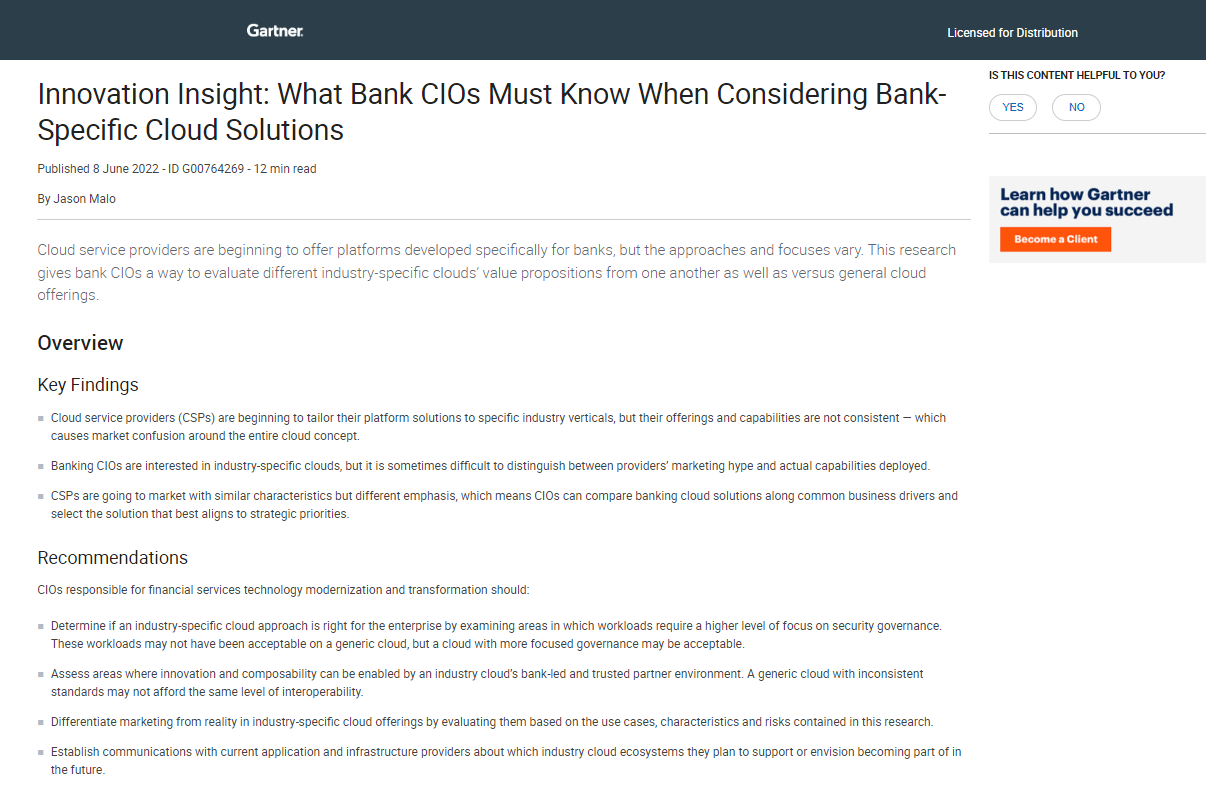Microsoft acquires Fungible in “fire sale” to integrate DPU technology
The tech giant needs to keep up with competitors like AWS which has made acquisitions of its own in this space and introduced new technology to its offerings


Microsoft has acquired data centre infrastructure provider Fungible to improve its own networking and storage performance.
Fungible uses low-power data processing units (DPUs), a type of microprocessor, to achieve this. it claims the technology helps to tackle challenges like the inefficient execution of computations in server nodes, as well as the inefficient interchange of data among server nodes.
Microsoft announced the acquisition on 9 January, saying that the company’s technologies help to make data centre infrastructure high-performance, scalable, disaggregated, and scaled out, while being reliable and secure.
The team at Fungible are set to join Microsoft’s data centre infrastructure engineering teams and will deliver DPU, network innovation, and hardware systems products.
Fungible was founded in 2015 by former Juniper Networks CEO and chairman Pradeep Sindhu, as well as former Apple engineer Bertrand Serlet.
Why has Microsoft acquired Fungible?
Microsoft will be able to use Fungible’s technology and expertise to differentiate its cloud data centre infrastructure, offloading storage and networking traffic from the CPU, said John Abbott, infrastructure analyst at 451 Research, part of S&P Global Market Intelligence, to IT Pro. This will speed up its Azure cloud services, allow it to offer more dense server clusters, and operate with greater energy efficiency.
“Longer term, Microsoft may choose to explore the additional flexibility options offered through the programmability of the Fungible DPU, enabling the disaggregation of compute storage and networking resources so they can be deployed on-demand,” said Abbott. “But this is by no means certain and will depend on the integration of Fungible’s software stack into the Microsoft Azure stack.”
Get the ITPro daily newsletter
Sign up today and you will receive a free copy of our Future Focus 2025 report - the leading guidance on AI, cybersecurity and other IT challenges as per 700+ senior executives
It's thought that Microsoft has made the acquisition to catch up with 'big three' rival Amazon Web Services (AWS). AWS bought chip company Annapurna Labs in 2016 for a “bargain price” of $360 million, said Abbott.
This has allowed the company to develop its own custom ASIC chips for storage and networking acceleration, improving the efficiency and performance of its cloud infrastructure.
Speaking to IT Pro, Dylan Patel, a semiconductor consultant at SemiAnalysis, agreed, saying that one of AWS’ biggest advantages in the cloud is that it has been designing its own Nitro DPUs, and Microsoft wants to catch up with this.
Other companies have made acquisitions of their own too:
- AMD acquired Pensando Systems for $1.9 billion in April 2022. This is Fungible’s direct, but two years younger, rival, said Abbott
- Nvidia bought Mellanox Technologies in 2019 for $6.9 billion, for its BlueField SmartNICs. It also bought Excelero’s software-defined storage software stack in March 2022
- Twitter acquired DriveScale in January 2021 for its own internal data centre use
- HPE acquired TidalScale in December 2022, for the organisation’s software-defined server technology
Abbott said that for the concept of a DPU to become more pervasive, it will have to be based on chips from system suppliers that can span multiple clouds.
He added that Intel has introduced a similar concept, the infrastructure processing unit (IPU), and started supplying them to cloud vendors last year. Other companies in the DPU space include Broadcom with its Stingray DPU.
How much did Microsoft pay for Fungible?
Although the value of the deal hasn’t been officially disclosed, it was reportedly sold for $190 million. Patel said that the Fungible IP was available for this amount as the company wasn’t successful with its products, despite working on DPUs for many years.
RELATED RESOURCE

What bank CIOs must know when considering bank-specific cloud solutions
Giving banks a way to evaluate industry-specific clouds' value propositions
Abbott called the deal a “fire sale”, considering that it sold for $190 million which is way below the $300 million+ the company has managed to raise since it was formed in 2015.
“Fungible replaced its CEO in July 2021 with a view to putting the company onto a commercial footing, but towards the end of last year it was making redundancies in a bid to conserve cash,” said Abbott. “Its last funding round (of $200m) was in June 2019.”
The funding round was led by the SoftBank Vision Fund, and was expected to be used to accelerate the company’s development and to push sales and marketing efforts.
What will happen to Fungible’s existing customers and partners?
Microsoft isn’t expected to offer Fungible’s tech to external customers since the integration challenges are too high, said Abbott.
“I’m sure Microsoft will continue to support existing customers, especially high-profile ones such as the HPC collaboration partners Los Alamos National Labs and the San Diego Computing Center,” he said.
He added that Fungible didn’t really have any deep systems or cloud partnerships, and that it will be easy to replace any lost business from the company.
“As Fungible products and services will be discontinued following the acquisition, Fungible customer and partner relationships and agreements will be wound down as contractually permitted,” a Microsoft spokesperson told IT Pro.
Zach Marzouk is a former ITPro, CloudPro, and ChannelPro staff writer, covering topics like security, privacy, worker rights, and startups, primarily in the Asia Pacific and the US regions. Zach joined ITPro in 2017 where he was introduced to the world of B2B technology as a junior staff writer, before he returned to Argentina in 2018, working in communications and as a copywriter. In 2021, he made his way back to ITPro as a staff writer during the pandemic, before joining the world of freelance in 2022.
-
 Cleo attack victim list grows as Hertz confirms customer data stolen
Cleo attack victim list grows as Hertz confirms customer data stolenNews Hertz has confirmed it suffered a data breach as a result of the Cleo zero-day vulnerability in late 2024, with the car rental giant warning that customer data was stolen.
By Ross Kelly
-
 Lateral moves in tech: Why leaders should support employee mobility
Lateral moves in tech: Why leaders should support employee mobilityIn-depth Encouraging staff to switch roles can have long-term benefits for skills in the tech sector
By Keri Allan